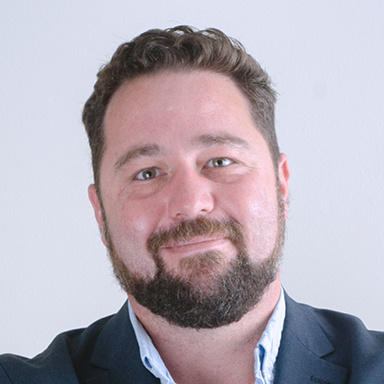Specialists at Mediclinic Winelands Orthopaedic Hospital are working to provide a streamlined care pathway for patients with traumatic spinal injuries.
Dr Johan Davis, an orthopaedic spinal surgeon at Cape Spine Surgery at Mediclinic Winelands Orthopaedic Hospital, says it’s critical that spinal injury patients are admitted to the correct specialist facility as soon as possible to ensure optimal outcomes. It’s equally important that pre-hospital interventions are correct.
Together with partner Dr Maarten Potgieter, also an orthopaedic spinal surgeon, Dr Davis aims to ensure patients with acute spinal injuries have rapid access to a streamlined care pathway. This entails the call to emergency services (call 084 124 for ER24), the journey from the scene of the accident, to the Emergency Department, to surgical interventions, to ICU, to rehabilitation, and finally to reintegration into society.
“Traumatic spinal cord injuries need to be treated with the greatest possible urgency, and where possible, within hours of the injury,” says Dr Potgieter. “While injuries sustained from high- and low-velocity trauma are not always reversible, timeous intervention and access to the correct care pathways can limit the patient’s loss of function. This can mean the difference between being able to breathe unassisted, as opposed to being permanently on a ventilator. It could also mean regaining shoulder function, so the patient can operate a motorised wheelchair, or regaining elbow extension so they can help themselves move from a chair to their bed.”
Their campaign for urgent and appropriate treatment follows a multi-pronged approach. “To begin with, we’re training paramedics and first responders to diagnose spinal injuries more efficiently as these can often mimic a stroke or other reasons for paralysis,” Dr Potgieter explains. “If first responders act fast and correctly, they may contribute to an improved neurological outcome. At present, this awareness of time delay is still lacking. Awareness of this is critical as correct management at the scene can prevent problems further down the line. For instance, if a patient is lying on tarmac for a few hours, they’re unable to feel small stones that might irritate their skin. Later, these pressure areas can become infected, which can become a significant concern and extend a patient’s hospital stay.”
In order to stabilise spinal injury patients, Emergency services restrict spine movement, administer oxygen, warm the patient and assess the need to give medication to maintain a good blood pressure. These measures are to protect the spinal cord from secondary injuries. “We are also working towards having an open line of communication with ER24 to provide on-scene support that ensures rapid and safe transfer of patients to the appropriate care facility,” Dr Potgieter explains.
To avoid unnecessary delays, once alerted, the team at Cape Spine Surgery can access the correct specialists and prepare the necessary CT scan or MRI equipment for specialised imaging. They’re also working to streamline hospital administration, ensuring the treatment pathway is accessible even in the absence of authorisation – spinal injuries can be life-threatening and are classified as prescribed minimum benefits (PMBs).
The highly qualified team at Cape Spine Surgery is specifically equipped to deal with the complications associated with spinal injury patients. “Our nurses are trained to prevent secondary complications, such as pressure sores, respiratory complications, bladder infections and the prevention of contractures,” Dr Potgieter explains. “This contributes to better patient outcomes.”
The day after the injury has been treated with appropriate surgery, the multi-disciplinary rehabilitation team begins working with patient, Dr Davis adds. They work towards specialised care goals – even after the patient moves to the sub-acute SpesCare rehabilitation facility. “We also aim to convey a single message to the patient and their family during recovery in order to manage expectations better,” he explains.
Dr Davis stresses again that careful co-ordination is the key to a smooth, seamless patient journey.
In addition, the Cape Spine Surgery unit is situated near many of the Western Cape’s top sporting venues, which makes it more accessible for patients with low-velocity spinal injuries.
Further publications on the topic
Doctors 1


